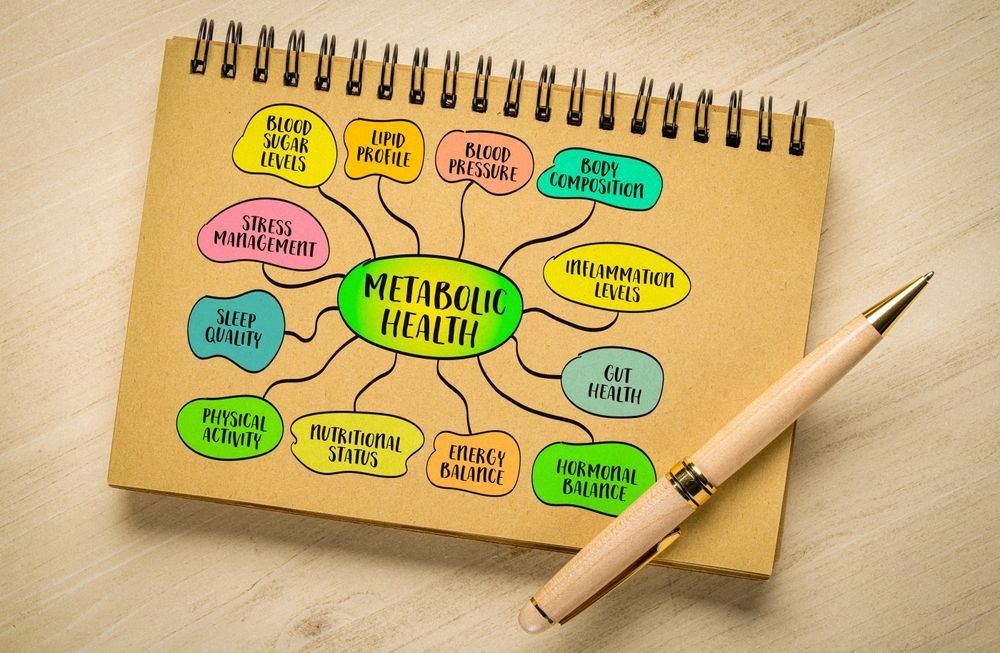The Connection Between IV Therapy and Improved Immune Health

In recent years, intravenous (IV) therapy has gained popularity as a way to enhance health and wellbeing. Particularly, many individuals are turning to IV therapy with the hope of boosting their immune systems. This article explores the relationship between IV therapy and improved immune health, providing a comprehensive overview of the practice, the immune system itself, and how IV therapy can benefit it.
Understanding IV Therapy: An Overview
IV therapy involves the administration of fluids, medications, and nutrients directly into a person's bloodstream through a vein. This method allows for rapid absorption and a higher concentration of substances than orally ingested alternatives. Understanding the basic principles and types of IV therapy is essential for appreciating its potential effects on health.
The Basic Principles of IV Therapy
The fundamental principle behind IV therapy is to deliver fluids and nutrients directly into the bloodstream, bypassing the digestive system. This method is beneficial for individuals who are unable to take oral supplements due to various reasons such as illness, digestive issues, or dehydration.
By using sterile equipment, healthcare professionals can ensure the safety and efficacy of the IV treatment. The infusion can be tailored to meet individual needs, incorporating specific vitamins, minerals, and other nutrients aimed at improving overall health. Additionally, IV therapy can be a crucial intervention in emergency situations, where rapid fluid replacement is necessary, such as in cases of severe dehydration or shock. The ability to monitor the infusion rate and adjust dosages in real-time further enhances the precision of treatment, making it a preferred choice in clinical settings.
Different Types of IV Therapy
There are several types of IV therapy, each serving different health purposes. Some of the most common types include:
- Hydration Therapy: Focuses on rehydrating the body, especially after illness or intense physical activity.
- Nutrient Infusions: Delivers essential vitamins and minerals, such as vitamin C, B vitamins, and magnesium.
- Immune Boosting Drips: Specifically designed to enhance immune function, often containing a combination of antioxidants and other immune-supportive nutrients.
In addition to these common types, there are also specialized IV therapies tailored for specific health conditions. For instance, cancer patients may receive chemotherapy through IV therapy, allowing for a controlled and effective delivery of medication that targets cancer cells while minimizing the side effects associated with oral medications. Furthermore, athletes often utilize IV therapy for recovery, as it can replenish electrolytes and nutrients lost during strenuous activities, thereby promoting faster healing and improved performance. The versatility of IV therapy makes it an increasingly popular option across various medical and wellness fields, catering to a wide range of health needs.
The Immune System: A Brief Introduction
The immune system is a complex network of cells, tissues, and organs working together to defend the body against harmful invaders such as bacteria, viruses, and toxins. Understanding its role is vital for recognizing how IV therapy can support immune health.
The Role of the Immune System in Health
The primary function of the immune system is to identify and eliminate pathogens or foreign substances that threaten our health. It also plays a crucial role in inflammation and healing, helping repair damaged tissues. A well-functioning immune system is critical for maintaining overall health and wellbeing.
Factors that Influence Immune Health
Several factors can impact immune system function, including:
- Nutrition: Proper nutrition is fundamental for optimal immune function. Deficiencies in vitamins and minerals can weaken the immune response.
- Stress: Chronic stress can lead to hormonal changes that suppress immune function.
- Sleep: Quality sleep is crucial for immune health; inadequate rest can impair the body’s ability to fight infections.
- Physical Activity: Regular exercise is associated with a healthier immune response.
The Science Behind IV Therapy and Immune Health
The relationship between IV therapy and immune health is supported by various studies that suggest IV administration of nutrients can positively affect immune function. Understanding the mechanisms at play can help clarify how IV therapy might aid immune health.
How IV Therapy Boosts Immune Function
IV therapy can enhance immune function by providing a direct and efficient way to deliver essential nutrients that support the immune system. For example, vitamin C is known for its antioxidant properties and plays a role in white blood cell production, critical for fighting infections.
By elevating nutrient levels quickly and efficiently, IV therapy can support a rapid immune response, particularly during times of illness or stress.
Nutrients Involved in IV Therapy for Immune Health
Some key nutrients found in IV therapies targeted at immune health include:
- Vitamin C: An antioxidant that protects cells and enhances the immune response.
- Zinc: Vital for immune cell function and has been shown to reduce the duration of colds.
- Glutathione: A powerful antioxidant that helps reduce oxidative stress and supports detoxification.
- B Vitamins: Important for energy production and overall cellular function, contributing to a robust immune response.
Benefits of IV Therapy for Immune Health
While individual responses to IV therapy may vary, there are several recognized benefits of using it to support immune health.
Short-term Benefits of IV Therapy
Many individuals experience immediate improvements in energy levels and hydration after an IV session. These short-term benefits can be particularly noticeable during periods of illness or after exhausting activities, helping the body recover more rapidly.
Long-term Benefits of IV Therapy
Consistent use of IV therapy may lead to enhanced overall health and well-being, including:
- Improved immune function over time, reducing the frequency of infections.
- Better nutrient absorption and utilization, particularly for individuals with absorption issues.
- A proactive approach to health maintenance, potentially preventing illness before it occurs.
Potential Risks and Considerations of IV Therapy
As with any medical treatment, IV therapy is not without its risks and considerations. It is essential to consult with a healthcare provider before beginning treatment to ensure it is appropriate for your individual health needs.
Understanding the Potential Side Effects
Some individuals may experience side effects from IV therapy, including:
- Discomfort or pain at the injection site.
- Allergic reactions to certain nutrients.
- Fluid overload in cases of pre-existing health conditions.
Who Should Consider IV Therapy?
IV therapy may be particularly beneficial for individuals facing:
- Chronic illnesses that impact nutrient absorption.
- Situations of severe dehydration.
- Frequent illnesses or weakened immune function.
Ultimately, understanding the connection between IV therapy and improved immune health can empower individuals to make informed choices regarding their wellbeing.
As you explore options for enhancing your health, consider discussing with a healthcare professional whether IV therapy could be a beneficial tool for your immune health journey.










